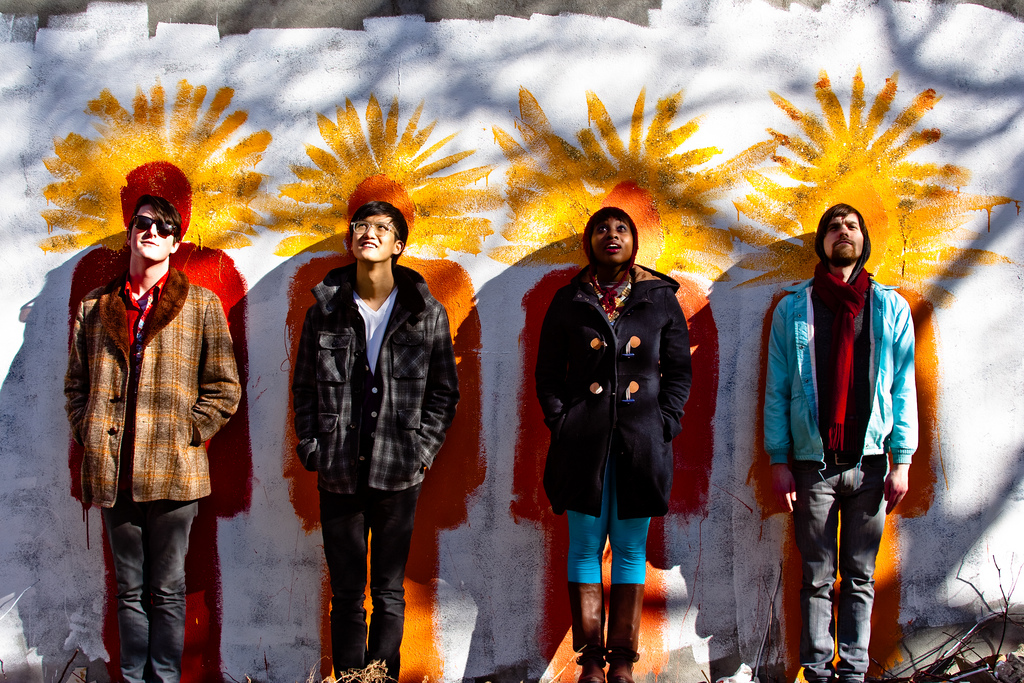 The relationship between language learning and nonverbal signals has been alluded to several times on this blog. The occasion for returning to this is a brilliant TED talk about the effect of body language on the mind. Can this matter for polyglots as well?
The relationship between language learning and nonverbal signals has been alluded to several times on this blog. The occasion for returning to this is a brilliant TED talk about the effect of body language on the mind. Can this matter for polyglots as well?
1. The source: How body language can change your mind
There are many jaw-dropping TED talks out there. This is my most recent favourite. Take time to watch it all before we proceed!
[youtube id=”Ks-_Mh1QhMc” width=”600″ height=”350″]
Now that you know how the body language can change minds (yours and other people’s), let’s see how this relates to speaking foreign languages.
2. Power for polyglots – body language in intercultural communication
The power-posing phenomenon described in the talk is especially interesting in practical applications: one person employs the power pose, another closes up and gets on the defensive. There are at least two ways a language learner can look at this.
The machavelian, pragmatic approach would suggest power-posing when using any language, in any communicative context. If this means you’ll perform better and get less stressed – isn’t that the whole point?
Well, no – and that’s another perspective. Dominating the conversation is just as unproductive in your language as in another – and making the other party feel stressed won’t help you learn or discover anything. So although you may be feeling that you’re “winning” a foreign language conversation – this is not how you play it.
There’s a lot of ground in between the “macho / Wonder Woman” pose and the “curled up and invisible” pose. These are inviting, collaborative, negotiating gestures. Learn those and make sure to use them often – that’s how your language learning profits from exchanges that actually mean something!
3. Hormone busting: a quick fix for beating language anxiety
So you’re just about to go on a first date entirely in Japanese. Or that dreaded German exam is finally upon you. Maybe an Italian business partner waiting in the conference room?
Tying yourself up in knots with a dictionary won’t help much. Science favours the Wonder Woman. If posing like that can lead to confidence-boosting hormonal kick – go for it.
Heck, go one further. Pose in front of a mirror and start saying your favourite / most hilarious phrases in your foreign language out loud. Chances are, you’ll break through the barrier of language awkwardness – and beat the fear with humour.
4. Fake it till you make it (or become it)
Now, this was a part that gave me hope. In a few days, I’ll be able to try it out for myself. I’m not going to pretend I’m Moroccan – but whatever non-verbal signals I send out, I’ll make sure are the right and positive ones. The best way to enjoy my travels will probably be to behave like I’m enjoying my travels 🙂
This can mean so much for whatever language you’re learning. Yes, the grammar is non-existent in every sentence you cobble together. Yes, the pronunciation is iffy. But you use these words to mean something. So look like you mean what you mean – and a lot will be forgiven.
Any body language tips, dear language learners? (Powerful gesture towards the comment section below)
Photo credit: James McDowell / Flickr and CC licence
Wiktor (Vic) Kostrzewski (MA, DELTA) is an author, translator, editor and project manage based in London. When he works, he thinks about languages, education, books, EdTech and teachers. When he doesn’t work, he probably trains for his next triathlon or drinks his next coffee.
BRAVE Learning (formerly known as 16 Kinds) is a lifelong learning and productivity blog. If you enjoy these posts, please check out one of my books and courses.
My recent publications, and my archive, is now all available on my new project: PUNK LEARNING. Hope to see you there!


One reply on “How Body Language can affect your foreign language”
Great story, thanks!